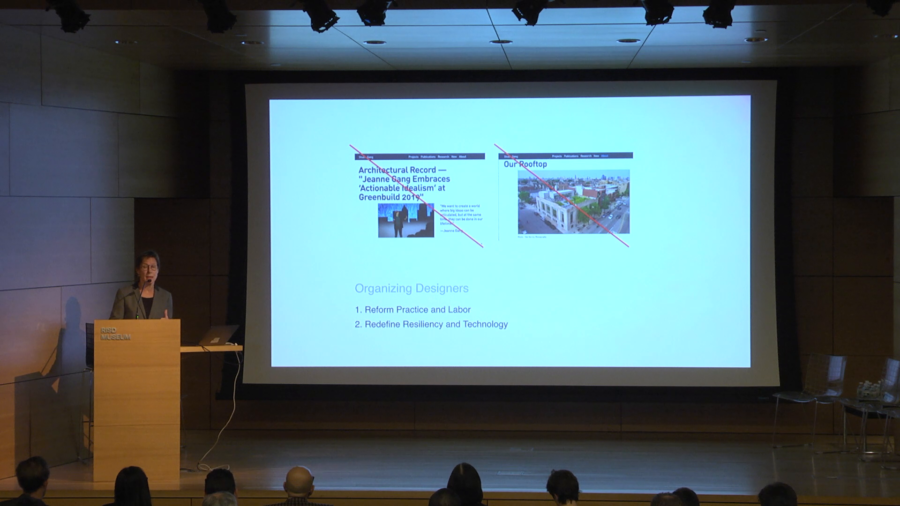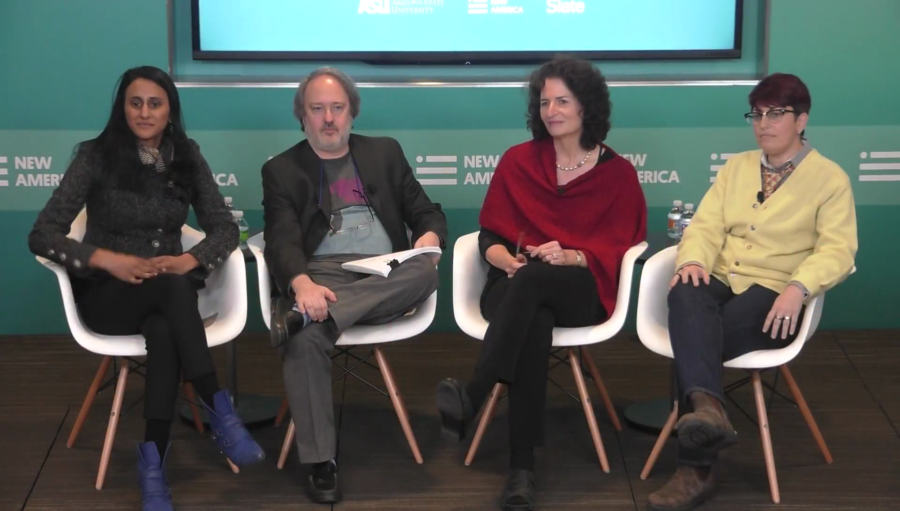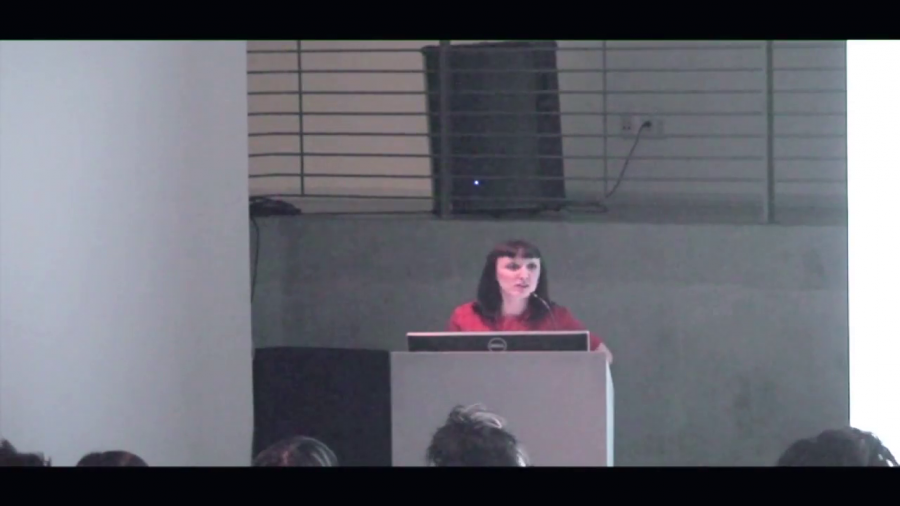The main thing that we need to be doing is working as a discipline, as a profession, as a unified voice, so that we sit at the table of policymaking and are believed as not just ambulance-chasers for work for ourselves but as people with knowledge and whatever embeddedness in the community, and our design expertise within the community is absolutely essential.
Archive
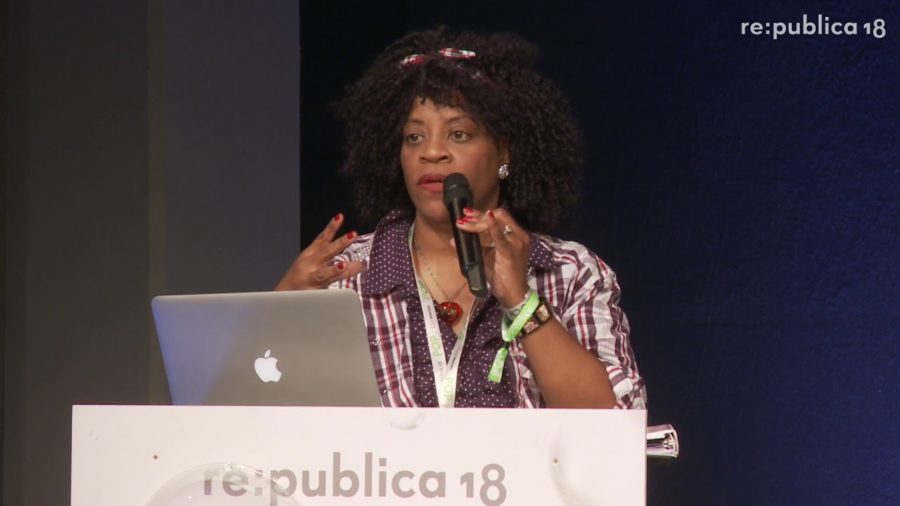
I do disability and sexuality education. And activism and advocacy around sexuality and disability issues, and reproductive health issues. And I want to teach the world that people with disabilities have the right and ability to give and receive pleasure.
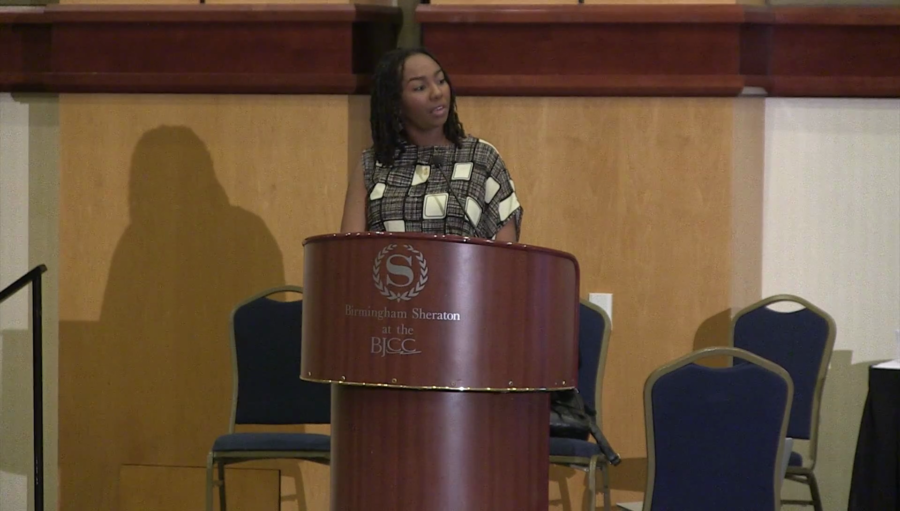
It’s paramount that our society recognize the role of anti-black structural racism in the US. And that our 21st century multiracial social movements uplift and centralize the issues of those community members who are impacted and are living at the margins. We know that if we do, we’ll get closer to real justice for all of us. Moreover, it’s been widely documented that the gains made by and with the black community have always led to better standards of living for all of us.
Generally people don’t see the skirmishes that are always always always going on in the background to preserve where we are now in terms of laws against sex discrimination or laws that would promote sex equality. But compared to where we were when the ERA came out of Congress in 1972, we are very much better off in terms of equality of rights being guaranteed by the law, because so many laws that did discriminate on their face are off the books as a result of the struggle for the Equal Rights Amendment.
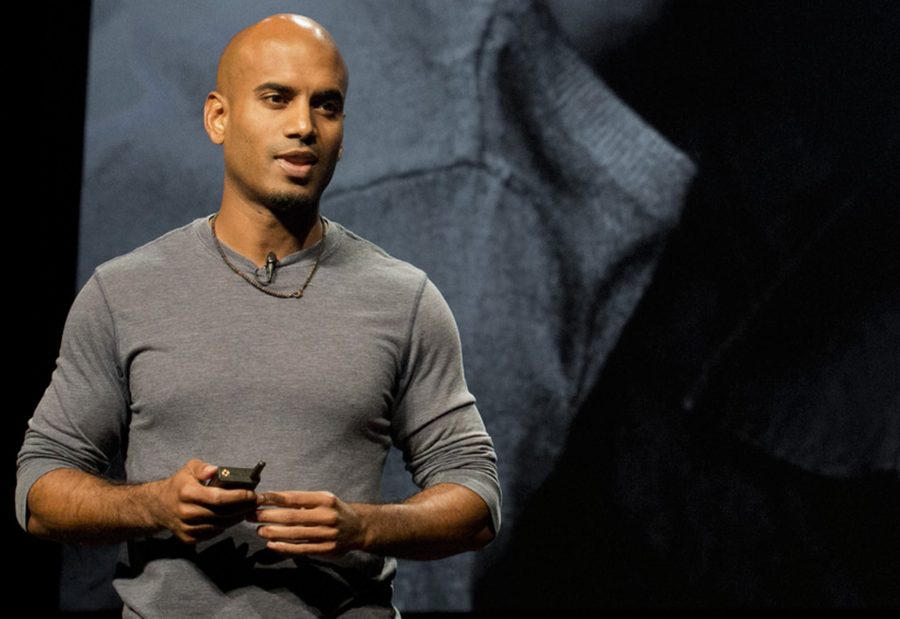
We make the family an essential and effective part of the defense team, so they could change the outcome of cases and transform the landscape of power in the court system.
The worst-case scenario for Detroit would be that the architecture of the Internet as it is now continues, and Detroiters’ stories, voices, lives, are absent. And the New York Times story about the creative class saving Detroit, or the documentary about the abandonment and wholesale destruction of Detroit that portrays it as a wasteland and a blank canvas ready for entrepreneurial exploitation, that those stories are defining the national, the global imagination of what Detroit is. And that those stories, they don’t use influence people’s desire to come here and do those things and live that life, though that’s part of it, but it also shapes the perception of people inside the city.
Any time that you lessen levels of disparity you’re going to have more progress. And you can’t look at it as an own individual term. Progress in your own life, progress in technology. But I believe that you have to look at progress through the connection of everything. That’s what sustainability is really about. It’s about the relationship of our economy, of social justice, the quality of life of people, and then the last part is the environment.

